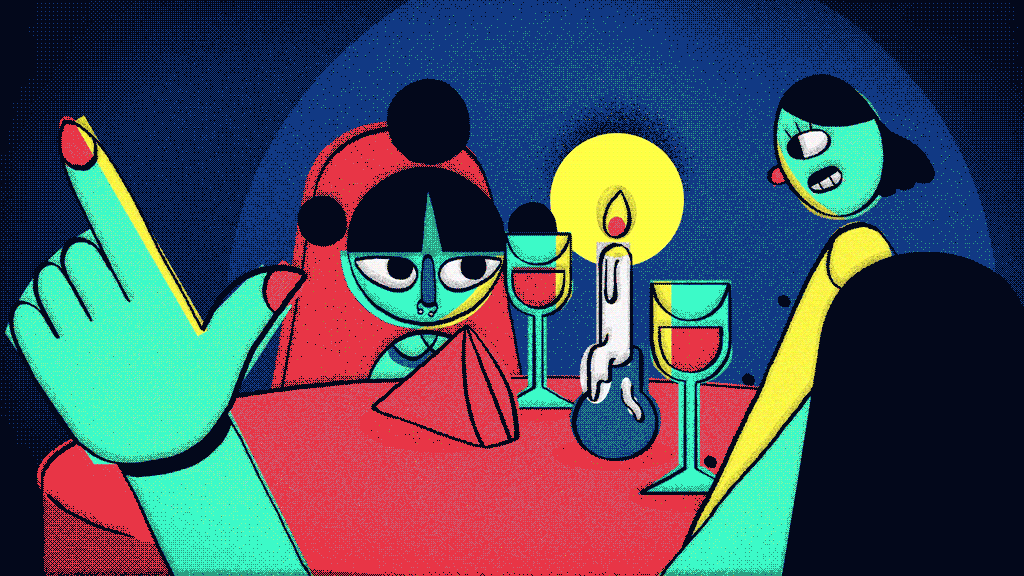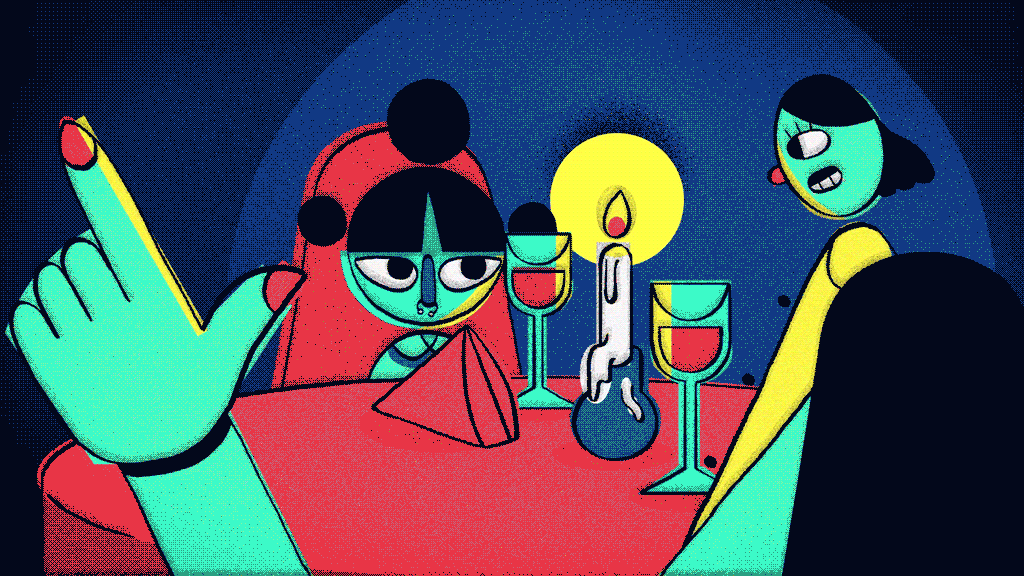
Are emojis the hieroglyphs of the 21st century? No, probably not. However, they do serve an important role: saying what sometimes can’t be said in words, and a whole lot faster.
Emojis first popped up in the 1980s in order to make online connections feel a little less digital and a little more personal. It makes sense that we humans need them when you consider that you are talking into a box to someone who isn’t anywhere near you. Emojis can help bridge that divide and loosen up communications.
Given where we are today on the web, adding a little more clarity and getting a little personal can go a long way toward making a real connection.
In this week’s episode of Mozilla’s IRL podcast, host Veronica Belmont goes deep on how we can maintain our humanity while interacting with other humans on the internet.
Listen to “Virtual Connections,” and understand that you’re not alone in feeling weird when online-dating, Facebooking randos or Googling your parents. OK, maybe that last one is a little weird.
Bottom line: it’s totally normal to feel a little strange when talking to people over the World Wide Web. Veronica is joined this week by Peter Rojas, who explores how the internet is both building and confusing our relationships every day; Chloe Rose Stuart-Ulin, who gives a firsthand account of her life as a “closer” for an online-dating service; and Emma Brockes, who checks herself (and ourselves) on the basics of maintaining our dignity while doing undignified things. Plus, hear a dramatic real-life story about a woman who finds her biological parent online.
This post is sponsored by Mozilla.







